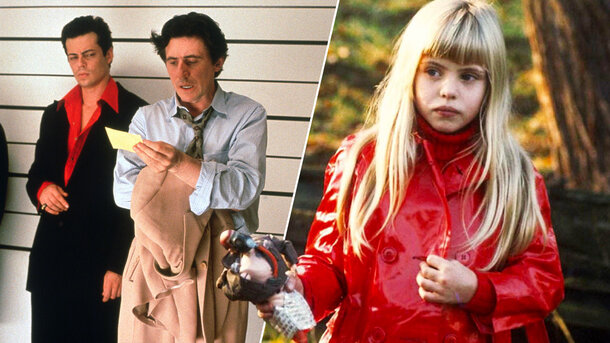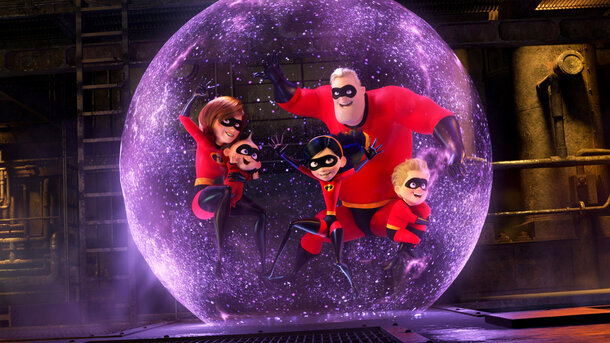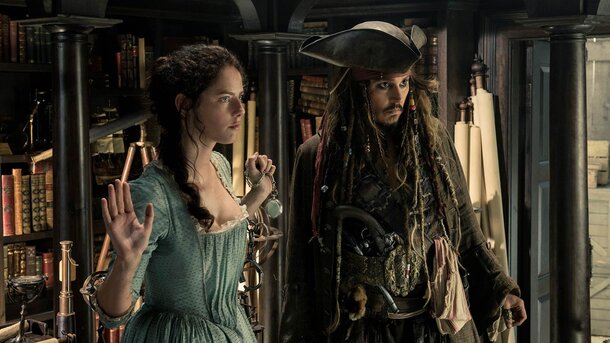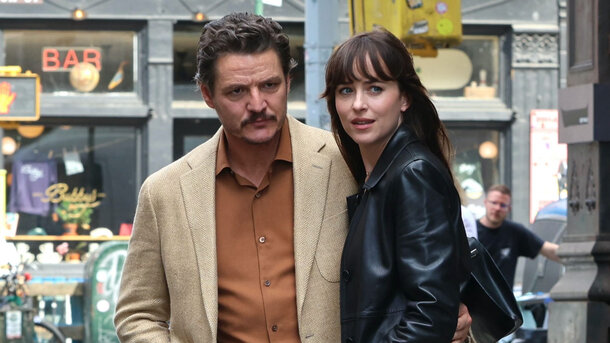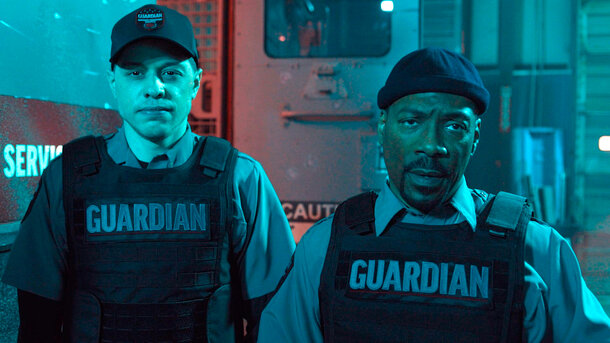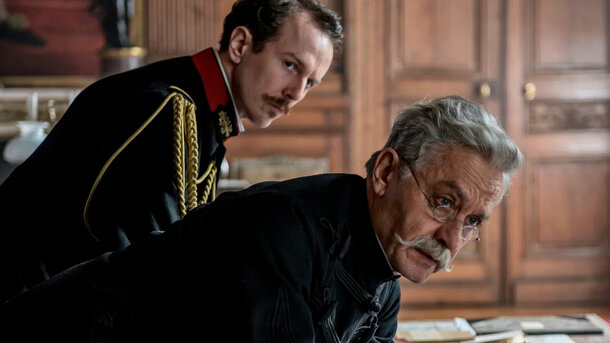Sometimes a film progresses as expected — tense, beautiful, dynamic — and then the finale turns everything upside down like a kaleidoscope. What once seemed random turns out to be the key. What raised questions suddenly becomes the answer. These films are hard to forget: they stick in your head and won’t let go.
We’ve picked five stories where the meaning is literally found in the ending — and make you want to hit 'rewatch' immediately.
2001: A Space Odyssey: Progress as the cosmos within us
Stanley Kubrick made a film that’s nearly impossible to explain without a long pause when someone asks, 'What is it about?' But it’s in the finale — when the protagonist encounters the mysterious monolith and transforms into the 'Star Child' — that it becomes clear: it’s not just about space. It’s about evolution — from the bone in an ape’s hand to cosmic consciousness.

The ending isn’t an answer but a leap into something greater. And yes, with each viewing, the meanings multiply.
Don’t Look Now: When tragedy whispers through Venice’s alleyways
Nicolas Roeg’s British thriller is one of those that begins as a drama and ends as a nightmare. The protagonist sees his deceased daughter, follows her silhouette, and in the final minute — a horrifying twist: behind the red coat is a murderer. The ending redefines the entire film. And it becomes clear: Venice here is not romance, but a trap of memory and guilt.
Twelve Monkeys: The ending was the beginning
Bruce Willis races through time, tries to save the world, chases a virus. All of it — only to die in the end… in front of his younger self, as a child. The final frames hit hard — emotionally and logically.
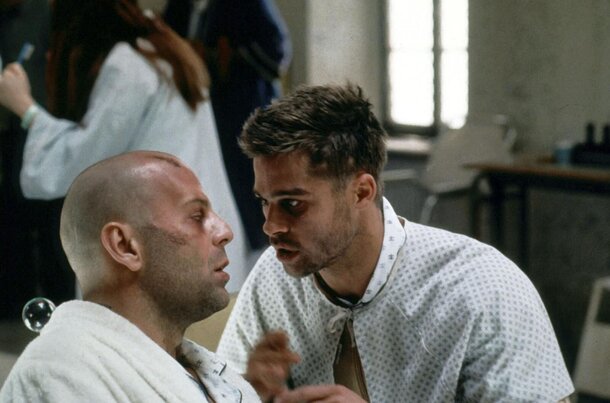
12 Monkeys is a loop: what seems like an ending is actually the beginning. And only at the end do we realise everything was predetermined.
The Usual Suspects: Everything was a lie — and we bought it
The entire film we listen as the paralyzed Verbal Kint (Kevin Spacey) tells a detective a story about the gangster Keyser Söze. It’s interesting, scary, engrossing. And then… it turns out he made it all up on the spot, looking at the bulletin board. The ending is a slap in the face. The viewer, like Agent Kujan, realises: they were being played. Brilliantly.
Memento: When everything was a lie — even for the protagonist
Nolan invented a film that runs in reverse. The protagonist, who suffers from amnesia, is searching for his wife’s killer but can only remember short segments. We don’t understand what’s happening — and that’s the trick.
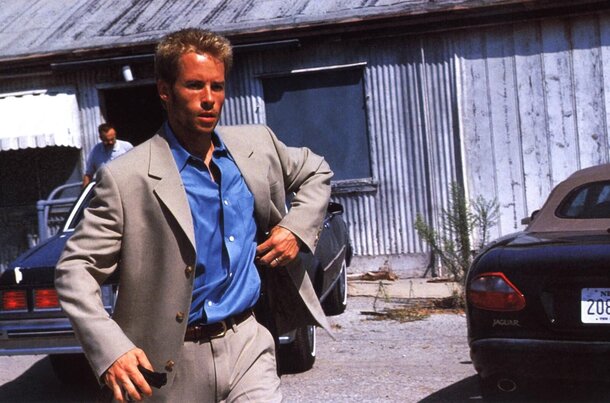
In the finale comes a terrifying thought: he killed his wife himself. And the entire investigation is just a way not to remember. Because memory is deceptive — especially when you’re desperate to forget.
